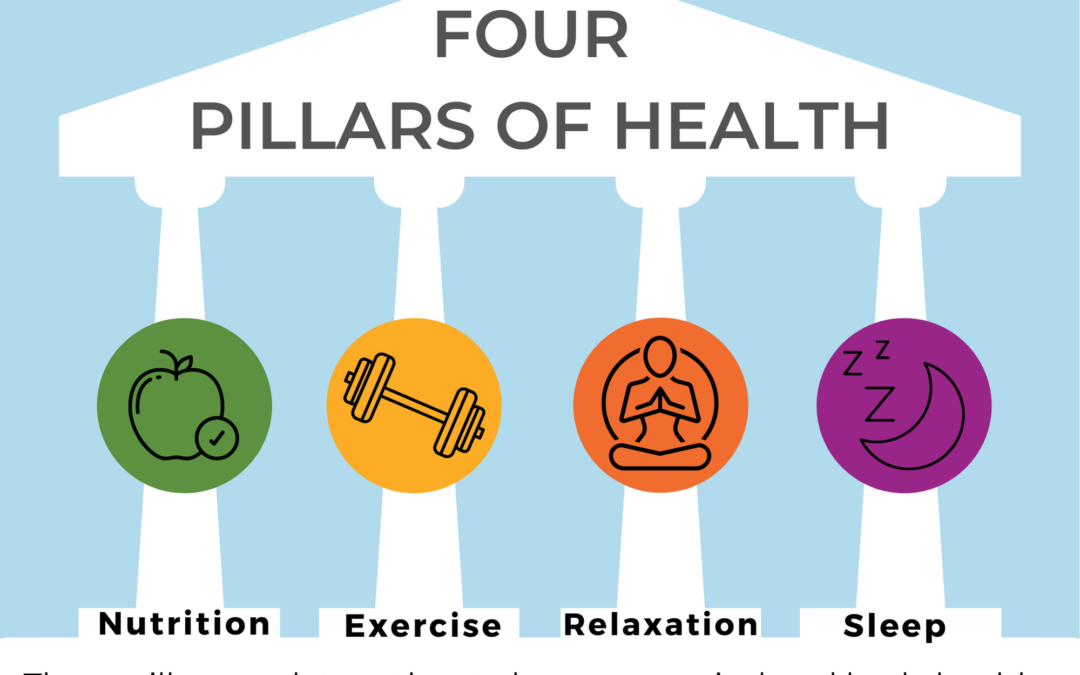We live in challenging times and resiliency is more important than ever before. To be resilient is to be flexible and adapt to our ever-changing environment. So how do we cultivate ourselves to be more flexible? Maybe it’s best to sleep on it.
Insomnia and disturbed sleep affect more than 30% of people in the US. From difficulty falling asleep to staying asleep, sleep is a problem for many tired folks. Sleep is the body’s natural reset time when our brain and organs cleanse and rejuvenate. It is estimated the body needs on average, 7-9 hours of sleep a night. Some factors that can interrupt sleep are lack of exercise, acid reflux, smoking, alcohol, and obesity.
The Better Sleep Council found that 79% of people would feel better and more prepared for the day with an extra hour of sleep. Sleeping only 6-7 hours, you are twice as likely to be involved in a car crash and sleeping less than 5 hours increases your risk 4-5 times. Additional research has found that continuity of sleep is important for improved memory function. This study found that during restorative sleep, important memories are consolidated (the process where short-term memories are converted to long-term memories), and creativity is boosted as well.
Resilience requires energy and poor sleep depletes your energy reserves. Sleep also appears to restore our emotional brain circuits, boosting healthy levels of mood-supporting hormones, including serotonin, dopamine, and cortisol, that affect your body’s tools of resilience, including your thought, mood, and energy. Simply put, when you are physically exhausted, you have less capacity for resilience.
While you are sleeping, your body and brain can rest, regenerate, repair, detoxify, reduce inflammation, balance blood sugar levels, burn calories, support immune activity, and reset your energy reserves. Sleep is critical for basic maintenance and repair of the neurological, endocrine, immune, musculoskeletal, and digestive systems.
Natural tips to enhance sleep health
Reduce Exposure to Artificial Light – Artificial light from computers, phones, and other electronic devices disrupts the body’s natural ability to determine light from dark, which disturbs the circadian rhythm and throws off your sleep. The blue light emitted from alarm clocks and other digital devices also may suppress melatonin production.
Make the bedroom as dark as possible. Use blackout shades to make your bedroom pitch black and cover or turn off all devices that glow or give off any light (including digital alarm clocks).
Don’t be too full – or too hungry – when you go to bed. Some people sleep better after eating a light dinner. This is especially true for those with digestive issues. Others, like those with a tendency toward hypoglycemia (low blood sugar), do better with a snack before bed (and possibly even during the night).
Go to bed earlier. You’ve heard the saying “an hour before midnight is worth two hours after.” It turns out there is some truth to that.
Decrease caffeine and alcohol consumption. Coffee can remain in your system for up to 12 hours. Alcohol may prevent the body from falling into a deep state of sleep leaving you groggy in the morning.
Try herbal teas before going to bed. Some common herbal teas that are safe and helpful are: chamomile, lavender, skullcap, and valerian root. Supplements such as magnesium, vitamin D3, or L-theanine can also be a helpful aid for a better night’s rest. Always consult your healthcare practitioner before starting a new supplement regiment.
Acupuncture can also be helpful for insomnia and relaxation. The placement of tiny needles is used to induce a sense of relaxation and calmness via the nervous system. Acupuncture has been shown to increase sleeping time and longer REM states in numerous clinical studies.
Sleep is one of the foundations for resilience and a pillar for health. Deepening your sleep or getting adequate sleep can have profound effects on your health and well-being. Restful sleep can improve mental clarity and memory, enhance athletic performance, boost mood and energy, improve immune function, and increase our tolerance to stress. Exercise, proper eating, acupuncture, and less caffeine and alcohol can all help you get the rest you need.
AUTHOR: Dr. Monte Gores, Doctor of Acupuncture & Oriental Medicine at Rinehart Clinic
For more local health and wellness information, follow Tillamook County Wellness on Facebook, Instagram and Twitter.

